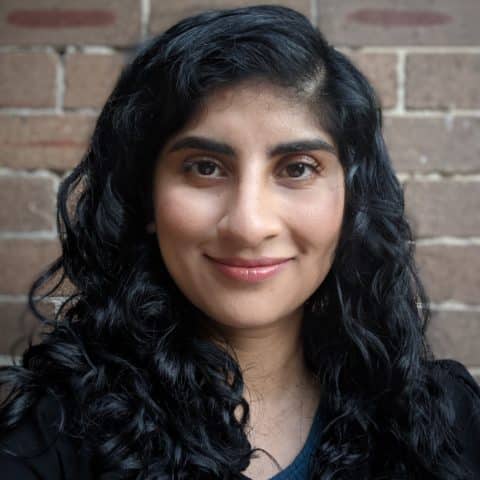- Research
- 2022-2026 Research Strategy
- Open Clinical Trials
- Closed Clinical Trials
- What is a Clinical Trial?
- Why Participate in a Clinical Trial
- Remote Telehealth Pre-Screening Process
- Research Achievements
- Publications
- Research Development and Funding
- Participating Institutions
- International Collaboration
- BCT Trials & Projects Summary
- Translational Research
- Clinical Fellowship Program
- International Fellowship Support
- Annual Scientific Meeting
- Travel Grants and Awards
- About
- Our Impact
- Fundraise
- Donate
- Researcher Login
- Cart
Approximately 5-10% of breast cancer cases are thought to be hereditary, where a gene mutation has been passed on directly from a parent.
Typically, these women are diagnosed with breast cancer at a young age and may have a more aggressive form of the disease.
The most commonly inherited gene mutations are known as the BRCA1 or BRCA2 gene mutations. Everyone has the BRCA1 and BRCA2 genes and in normal cells, these genes help make proteins that repair damaged DNA. However, mutated versions of these genes result in the accumulation of damaged DNA, which can lead to abnormal cell growth and may lead to cancer.
It is estimated that in Australia today, about 1 in 400 women are at the highest risk of breast cancer because they carry a BRCA1 or BRCA2 gene mutation.
For these people, carrying a BRCA1 gene mutation is associated with an approximate 72% risk of developing breast cancer and a 44% risk of developing ovarian cancer, over the course of their lifetime.
Meanwhile, BRCA2 is associated with an approximate 69% chance of developing breast cancer and 17% chance of developing ovarian cancer. Jewish women of eastern European ancestry (Ashkenazi) are more likely to carry a BRCA1 or BRCA2 gene mutation, estimated to be present in about 1 in 40 women.
While all women are at risk of developing breast cancer over the course of a lifetime, there are a range of factors that can increase breast cancer risk. These factors include family history and genetic susceptibility.
There are many genes associated with breast cancer, and our knowledge about these genes continues to increase. However, we still only know about half of these genes. In addition to BRCA1/2, those that we know about include PALB2, CHEK2, ATM, TP53, PTEN, RAD51 and BARD1.
Breast Cancer Trials has conducted a number of clinical trials to improve treatments available for patients with genetic mutations.
This includes the world-first prevention trial called BRCA-P, which aims to prevent breast cancer in women who carry the BRCA1 gene mutation, and is currently recruiting participants.
And the OlympiA clinical trial, which recently found that treatment with Olaparib reduces deaths by 32% and reduces recurrence by 42%, in breast cancer patients with an inherited BRCA1 or BRCA2 gene mutation.
In this Q&A moderated by Author and Journalist Annabel Crabb, we asked leading researchers your questions about genetics and how it relates to breast cancer.
The panel discussed current research to improve treatments and to prevent breast cancer and recurrence, who should receive genetic testing and what does this process involve, breast cancer risk factors and family history, and what support is available.






